While Ukraine’s accession process to the EU is moving ahead at full speed, not everyone is pleased. Figures like European Commission President Ursula von der Leyen and European People’s Party leader Manfred Weber—among others—are celebrating in Brussels, but Georgi Markov raised a critical question:
Which European governments have asked their citizens whether they support expanding the EU to include Ukraine at war?
"I welcome the Hungarian government’s decision to launch a consultative vote on the fast-tracking of Ukraine’s EU membership," Markov told Magyar Nemzet, adding that this is the highest form of direct democracy, especially on an issue that "affects every Hungarian family." The Bulgarian constitutional judge recalled that the last time such a referendum took place was in the Netherlands in 2016, when citizens were asked whether they supported ratifying the EU–Ukraine association agreement. The result was clearly unfavorable for Kyiv: not only was voter turnout low (32.2 percent), but 61 percent of voters opposed the agreement. Markov argued that every EU member state should consult its population on whether they even want Ukraine as a future member.
Brussels’ Double Standards: Zelensky and the Non-Existent Rule of Law
The expert also raised other concerns."Has anyone ever asked the Ukrainian people if they want to join?" he asked, noting that in the country neighboring Hungary, decisions could easily be imposed on the population from above. He questioned whether there is even a legal or practical possibility of asking Ukraine's population.
Due to the war, Ukraine has suspended all elections and public votes.
Markov pointed out that a presidential election should have taken place in the spring of 2024. However, since the vote was not held, President Volodymyr Zelensky’s mandate has officially expired. Even under pressure from U.S. President Donald Trump, no new election has been scheduled, and therefore, Markov argued, Zelensky has no legal basis to make long-term decisions for the country.
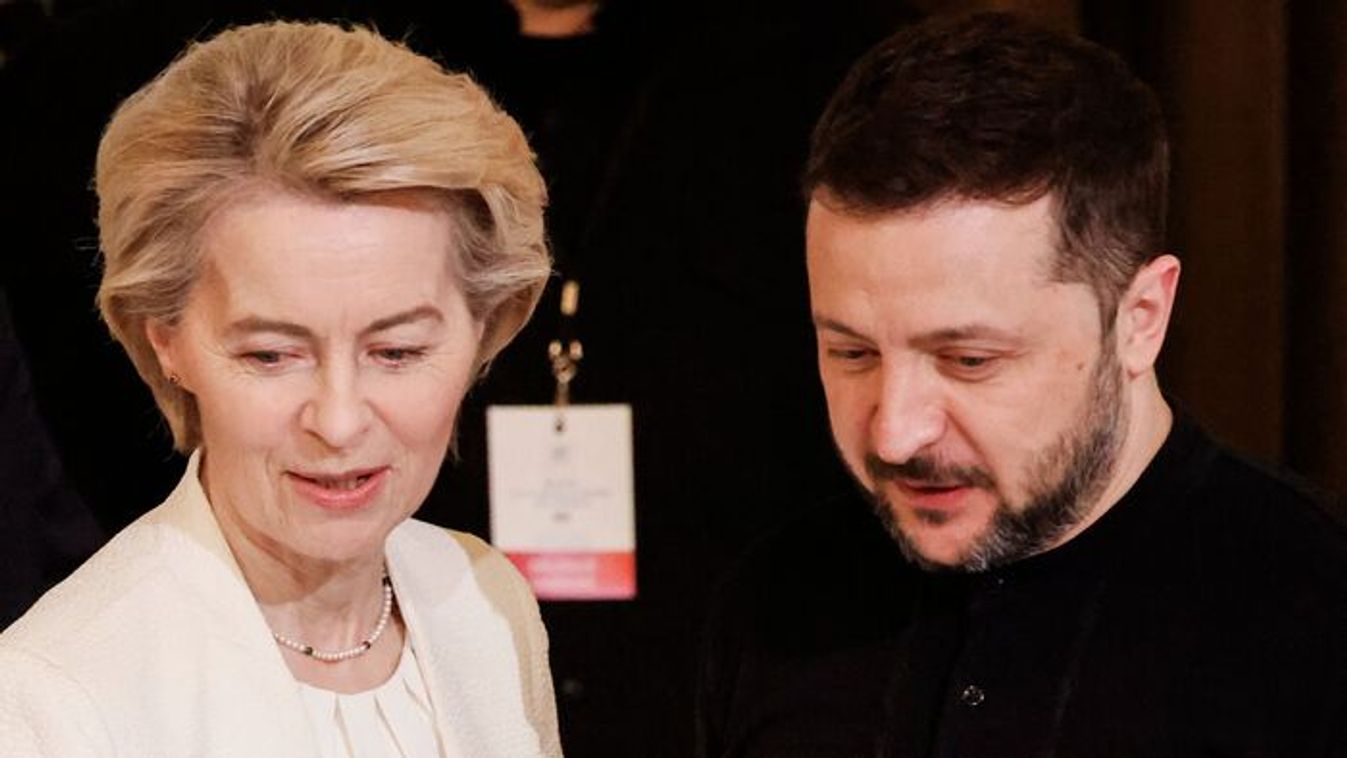
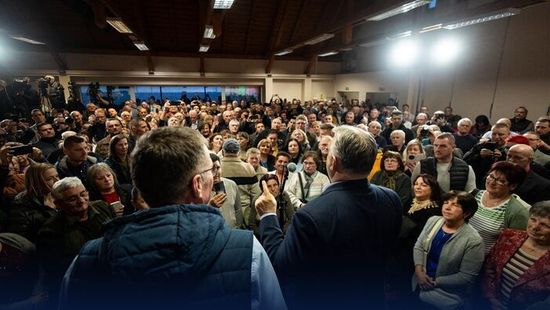
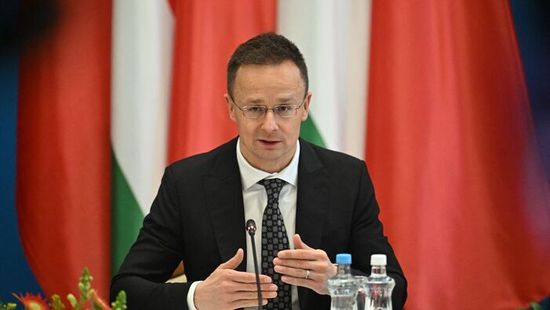
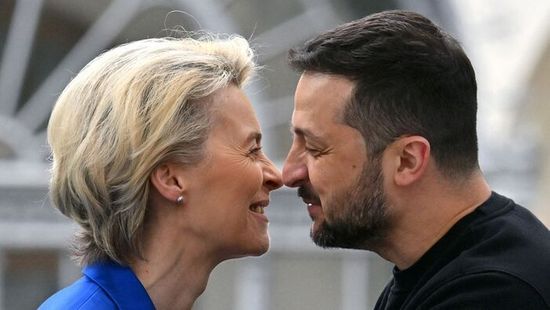
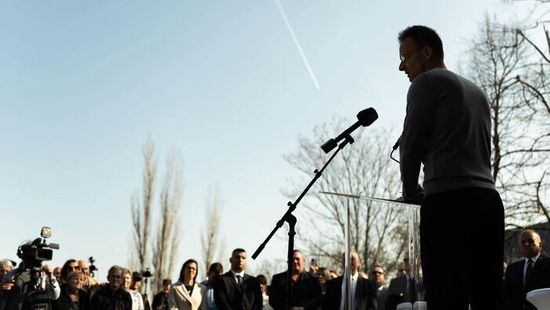


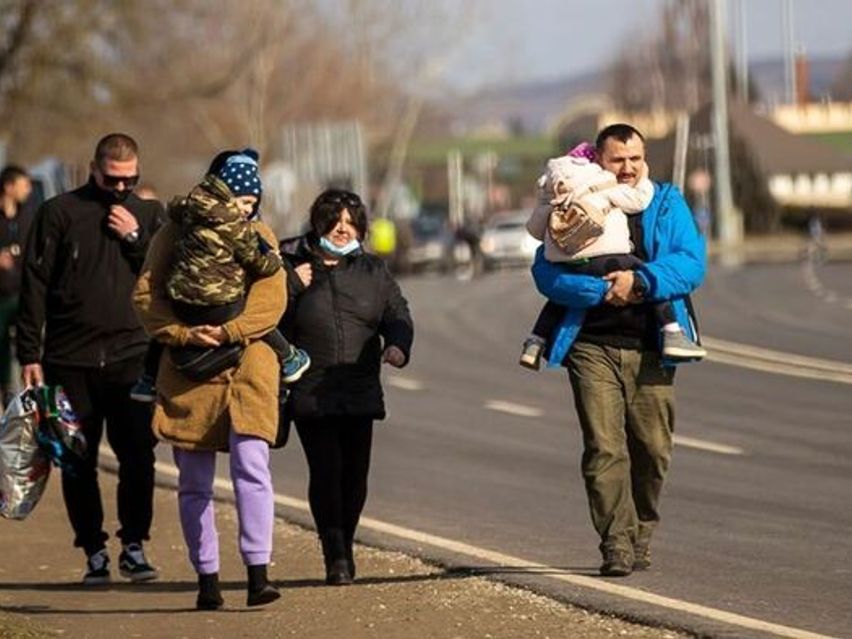
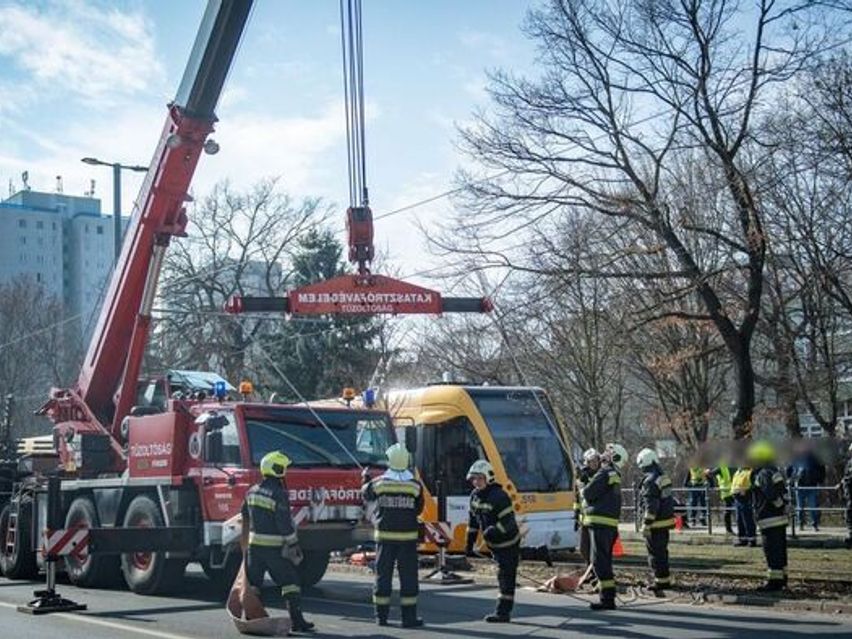
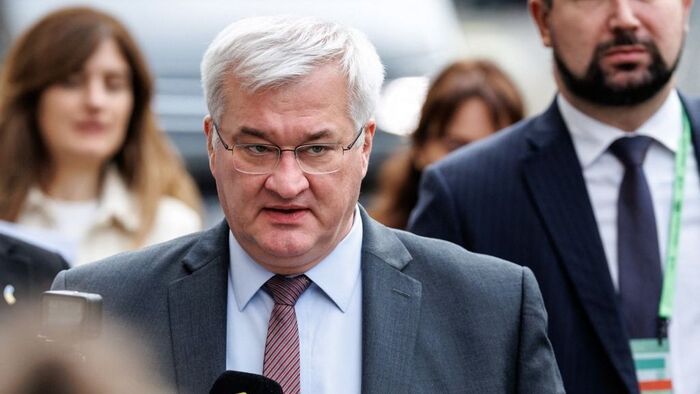


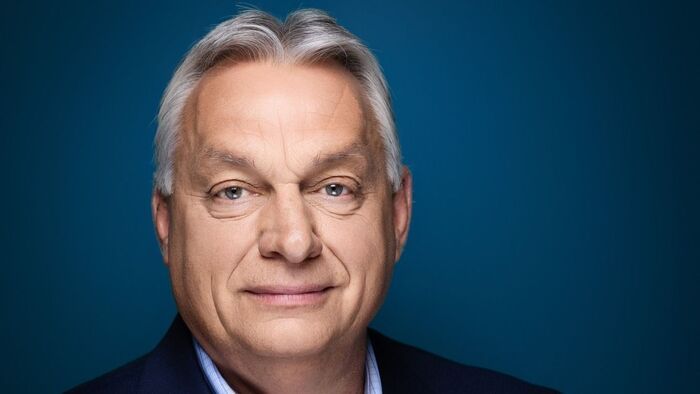
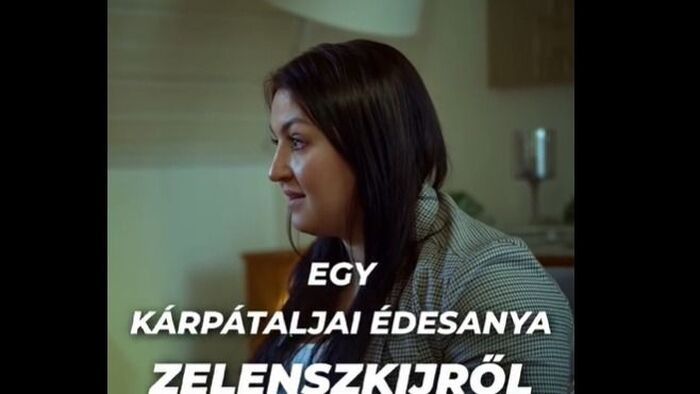
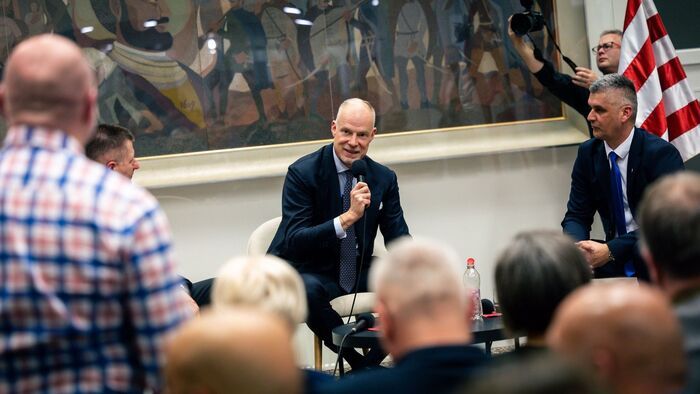
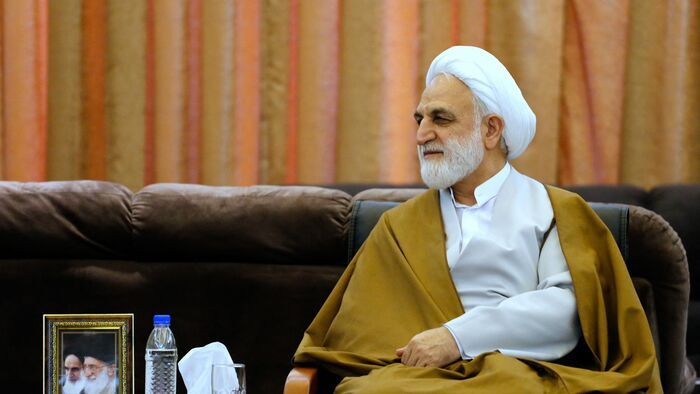
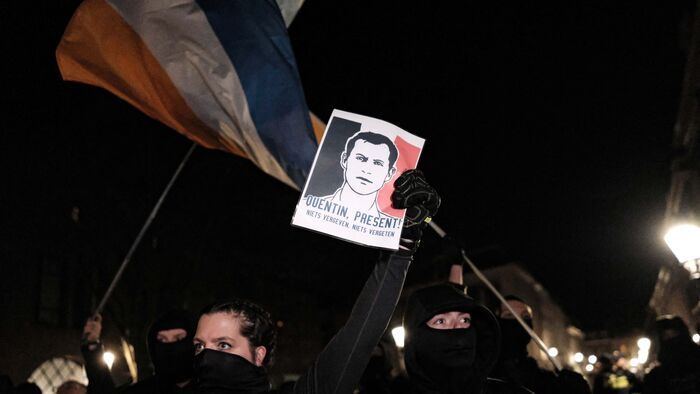
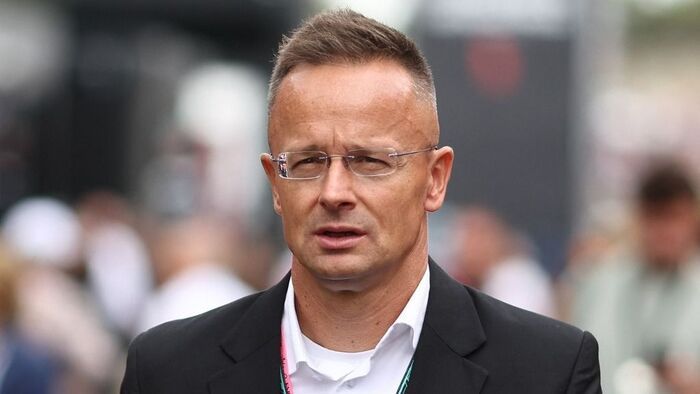

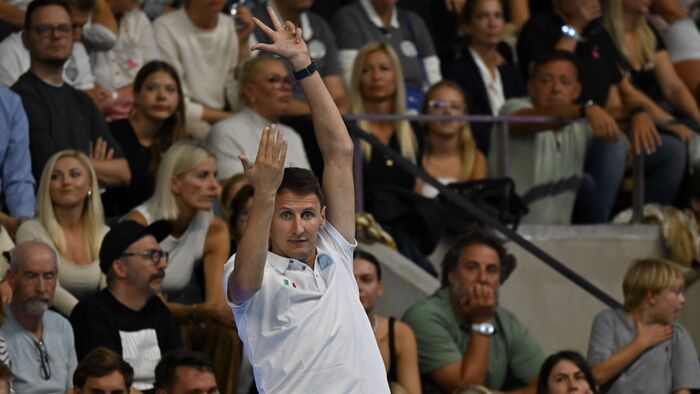



Szóljon hozzá!
Jelenleg csak a hozzászólások egy kis részét látja. Hozzászóláshoz és a további kommentek megtekintéséhez lépjen be, vagy regisztráljon!